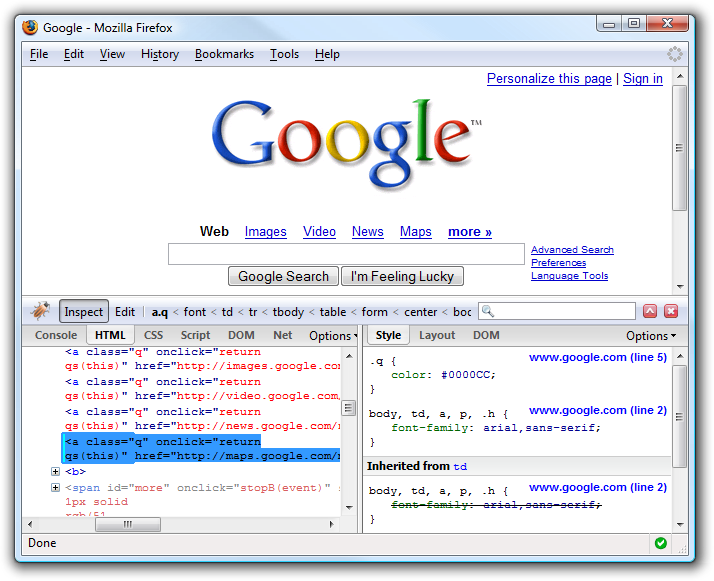
software development
EA’s Software Artists
Electronic Arts is a lumbering corporate megalith today, pumping out yearly game franchise after yearly game franchise. It’s easy to forget that EA was present at the very beginning of the computer game industry, innovating and blazing a trail for everyone to follow. Gamasutra’s article We See Farther:










